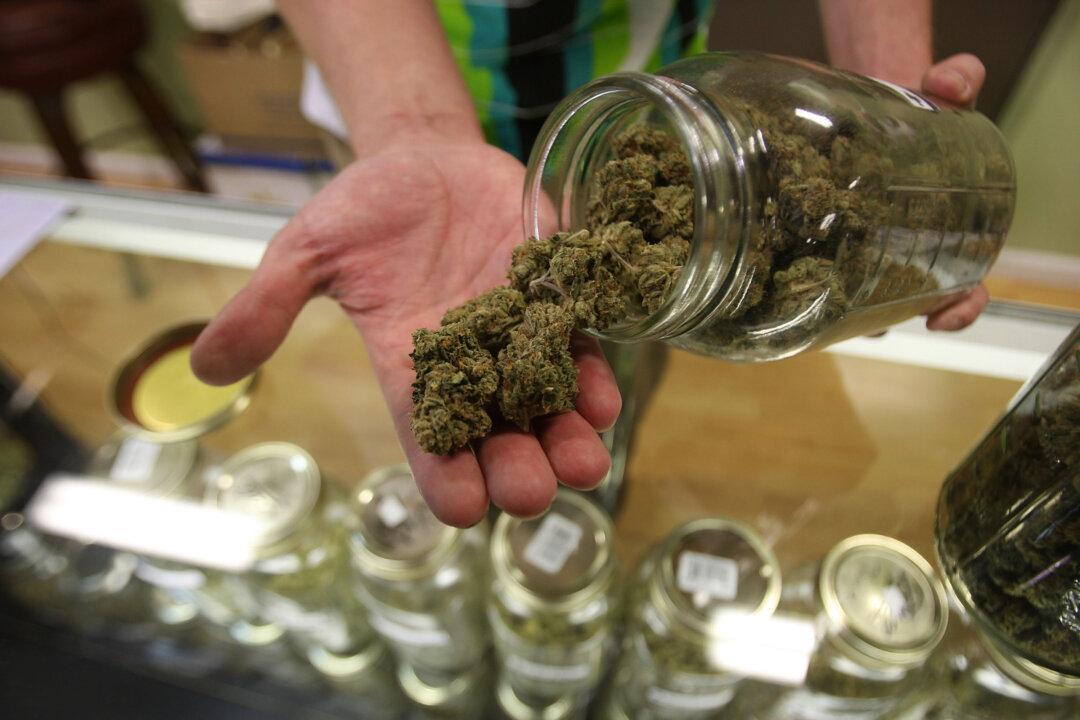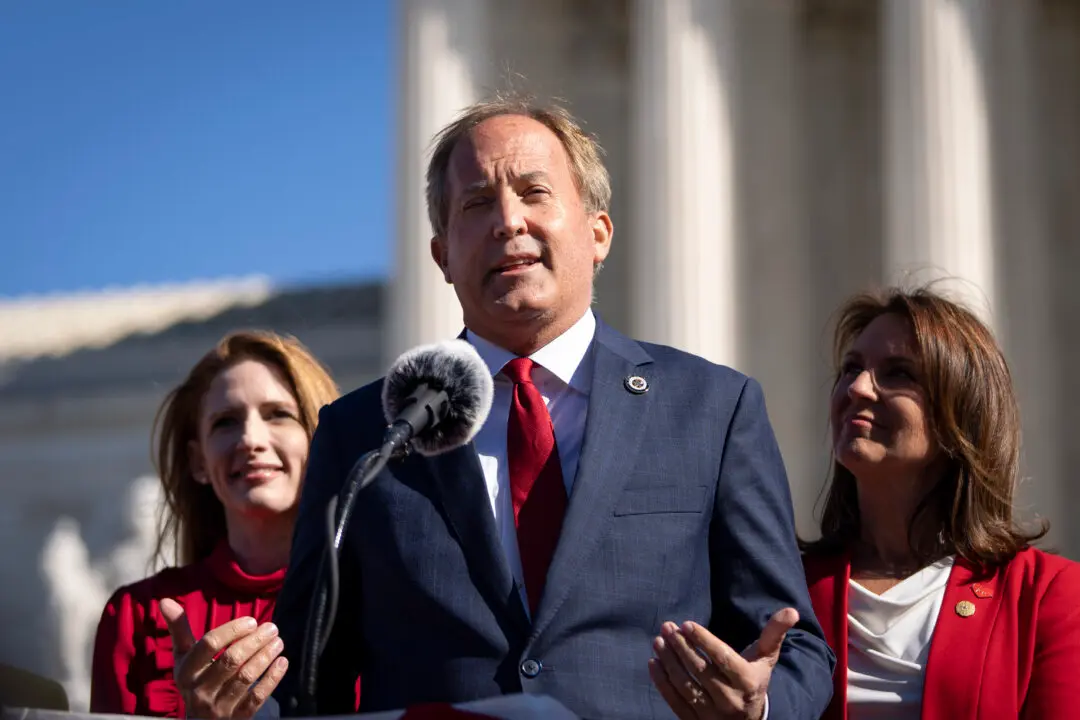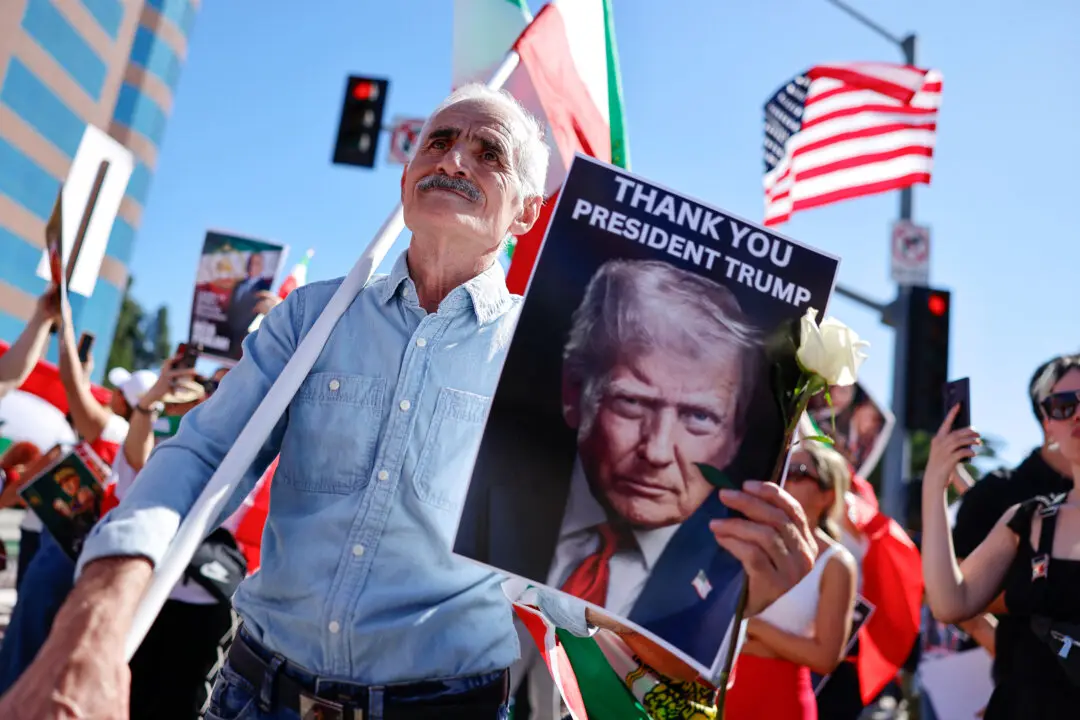A bill that would restrict THC levels on all recreational marijuana products in Florida was advanced by Republicans in the state House of Representatives on Feb. 1.
If approved by 60 percent of voters on Nov. 4, the “Adult Personal Use of Marijuana” will allow “adults 21 years and older to possess, purchase, or use marijuana products and marijuana accessories for non-medical personal consumption by smoking, ingestion, or otherwise.”





